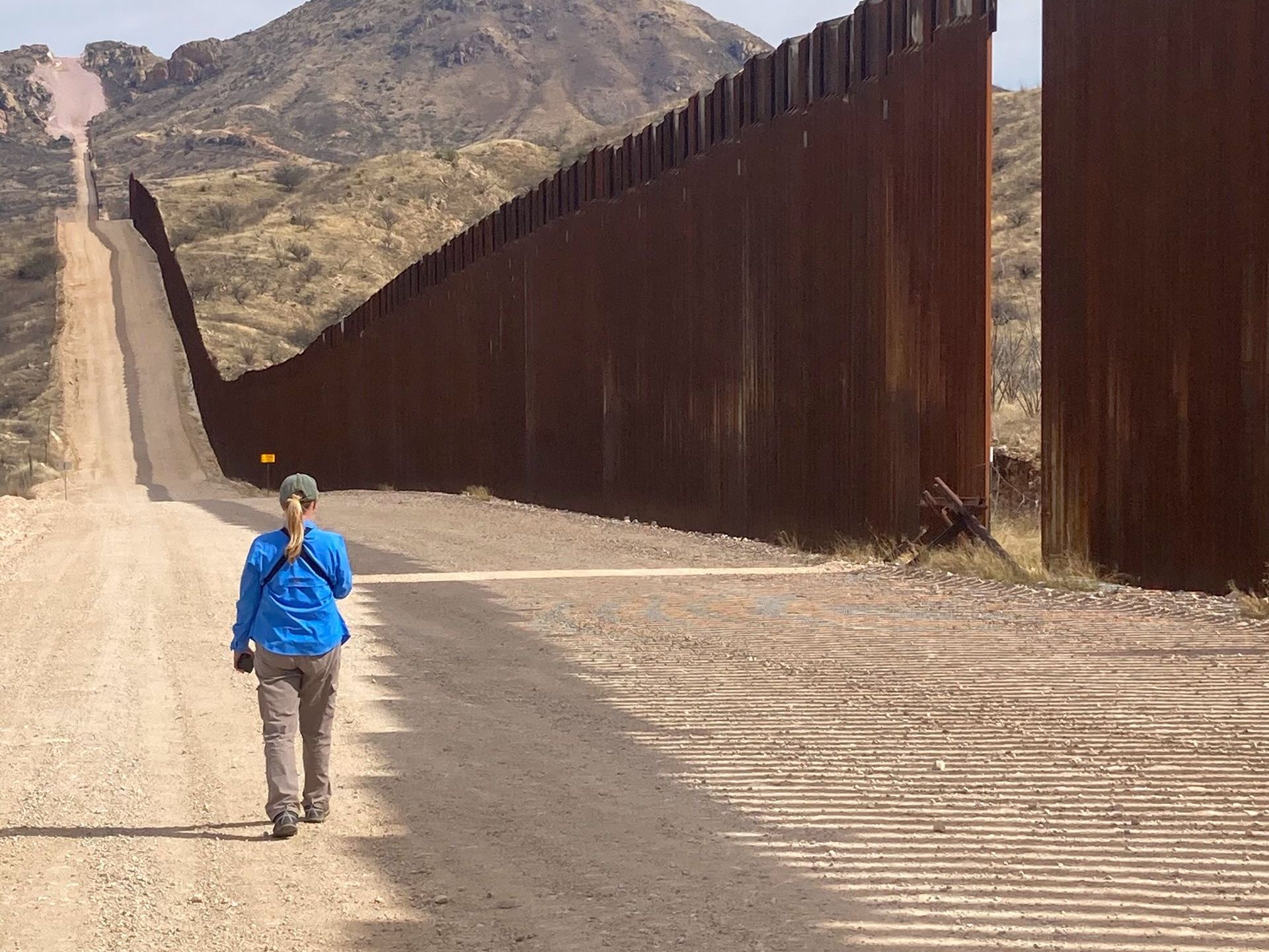Know Your Rights Resources
This page provides reliable resources to help you understand your rights in a variety of situations, including interactions with law enforcement, immigration processes, and workplace or school settings. Staying informed can help you navigate these experiences with greater clarity and confidence.

General KNow your rights
The ACLU’s Know Your Rights: Immigrants’ Rights page outlines key information for immigrants living in the U.S., including what to do if approached by immigration or law enforcement officials. These resources are available in multiple languages and cover topics like detention, deportation, and legal protections. Visit the page to learn more and access helpful guides: aclu.org/know-your-rights/immigrants-rights
The Immigrant Legal Resource Center (ILRC) offers a comprehensive Know Your Rights Toolkit designed for immigrant communities, advocates, and service providers. The toolkit includes multilingual materials, videos, and handouts on topics like interacting with ICE, preparing for emergencies, and understanding legal rights. Explore the resources here: ilrc.org/resources/community/know-your-rights-toolkit
The ACLU of DC offers guidance on what to do if you're stopped by local police, immigration agents, or the FBI. This resource explains your rights during different types of encounters, what you are (and aren’t) required to say, and how to protect yourself legally and safely. View the guide here: acludc.org/en/know-your-rights/police-immigration-or-fbi-stops
Know Your Rights in Different Situations:
DACA Know Your Rights: If you are a DACA recipient, it’s important to understand your rights. The ACLU’s Know Your Rights: DACA page provides key information about protections under DACA, what to do if approached by immigration officials, and updates on policy changes. Stay informed and access these resources here: aclu.org/know-your-rights/know-your-rights-about-daca
Border Zone: People living in or traveling through the U.S. border zone have specific rights when interacting with Border Patrol or other immigration authorities. The ACLU’s Know Your Rights: Border Zone page explains what those rights are, including information on searches, checkpoints, and encounters at or near the border. Learn more here: aclu.org/know-your-rights/border-zone
Protester’s Rights: The ACLU’s Know Your Rights: Protesters’ Rights page outlines legal protections for individuals participating in protests or demonstrations. It covers your rights in public spaces, how to respond to law enforcement, and what to do if your rights are violated. Learn more here: aclu.org/know-your-rights/protesters-rights
Airports and Ports of Entry: Traveling into the U.S. can involve questioning by law enforcement or immigration officials. The ACLU’s Know Your Rights guide explains what rights travelers, citizens and non-citizens, have when arriving at airports or other ports of entry. It covers what you can and can’t be required to answer, and how to respond if your rights are challenged. Read more here: aclu.org/know-your-rights/what-do-when-encountering-law-enforcement-airports-and-other-ports-entry-us
©2022 | All Rights Reserved | Humane Borders
Website powered by Neon One
